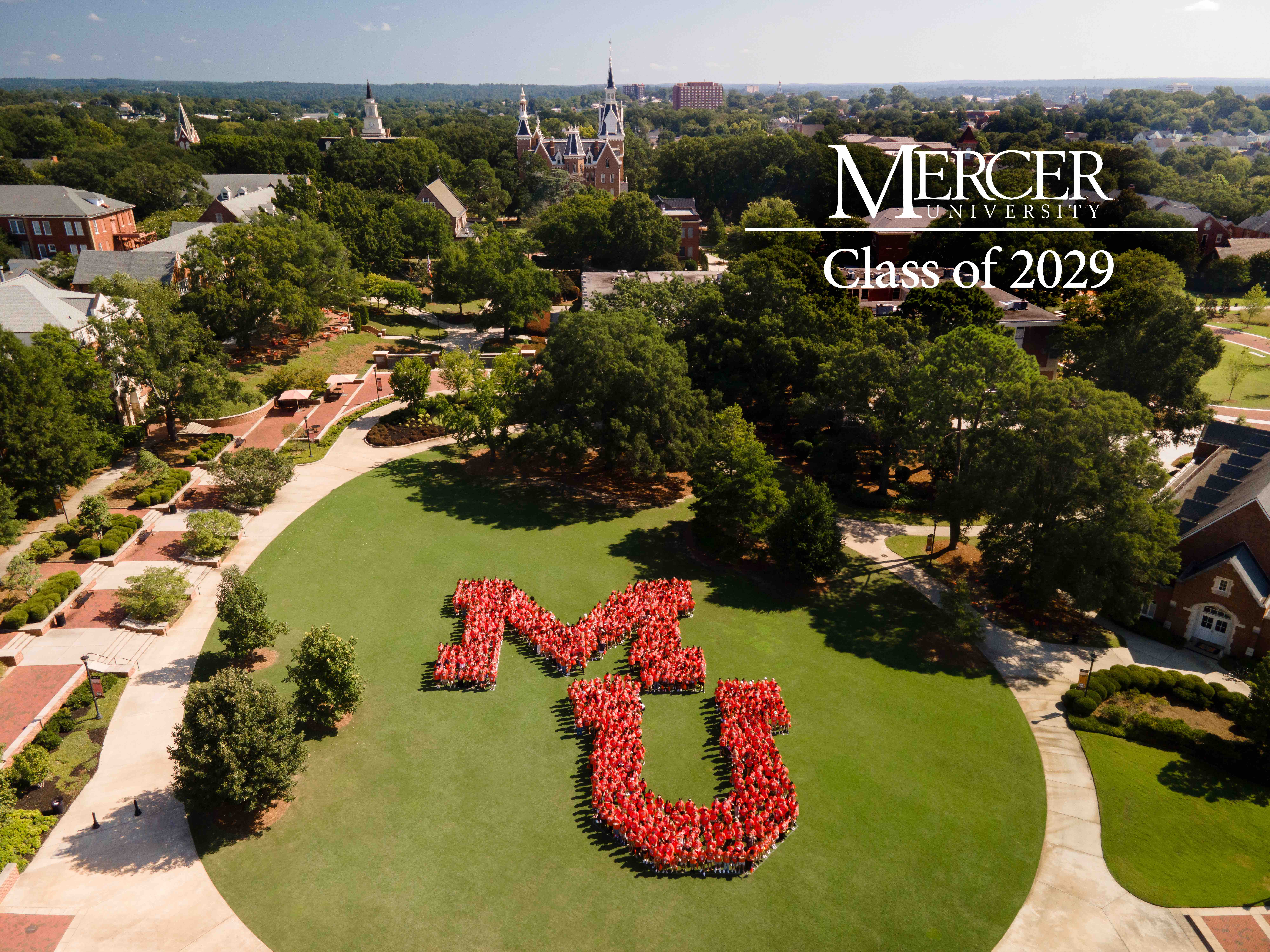
As we enter this holiday season, we enter a season of amazement and wonder. It is during these few weeks out of the year that we see the world differently, through eyes that can imagine amazing possibilities.
The traditions around Santa Claus fill the eyes of children with amazement and their hearts with wonder. They are the true believers that this jolly old man dressed in red can circumnavigate the globe, riding in a sleigh pulled by nine reindeer. He is able to stop at every home, shimmy down a chimney flue, drop off presents for each person on the nice list, and then shimmy up the chimney and zoom on to the next house — all in one very long night.
In synagogues and churches there will ring out the stories of the miraculously burning oil lamps of Hanukkah and the mysterious conception and birth of Jesus attended by singing angels, guiding stars and a perplexed young girl who asks on behalf of us all, “How can this be?”
Yes, this is the season of amazement and wonder. And frankly, it pushes hard against our adult sensibilities and our otherwise objectively informed views of what is real and what is possible. Most of our grown-up seeing comes through the lens of facts and reason. These do not allow us the luxury of surprises. Everything is predictable and knowable. Whatever windows there may once have been for awe or mystery have been boarded up with explanations.
A world without amazement or wonder can become a very small and cold world, bounded by the undoubtable limits of our own experience and the integrity of our own understanding. Our truth is our truth, to be sure. But, maybe our truth isn’t the whole truth. Is it possible that we are observing this grand parade of life through a knothole in the fence, that there is more to see than what we are seeing?
Mary Oliver has famously said in her poem, “When Death Comes”: “When it’s over, I want to say: all my life / I was a bride, married to amazement. / I was the bridegroom, taking the world into my arms.”
Perhaps it is quite intentional that she paints her picture of amazement with the palette of love, a bride and a bridegroom. Amazement, more than anything else, is learning to see the world through the eyes of love. To be amazed is to somehow take the world into your arms. I find myself feeling something like amazement when I look up into a dark, clear sky pulsing with starlight coming from millions and millions of light years away. But, I also feel amazement when I bend way down and look into the bloom of the tiniest flower and marvel at the delicate intricacies of pistil and stamen.
Amazement, it seems to me, is not seeing the world through imagination run amuck but seeing with world through the slow, deep look of love. So, to be amazed, we will have to slow down a bit. We can hardly be amazed looking at the world or one another as if we are looking out the windows of a car going 90 mph. To be amazed will take some patience, some careful observing so that we can see more than what we expected.
Amazement means to see the world lovingly with a genuine appreciation, pregnant with possibility, happy and grateful for the gift of each bird and tree, rock and human. What depth and richness and joy this capacity for amazement brings to us. The world becomes alive and full of a wonder that warms our hearts and stirs our souls.
Wishing you a holiday full of amazement and wonder.









